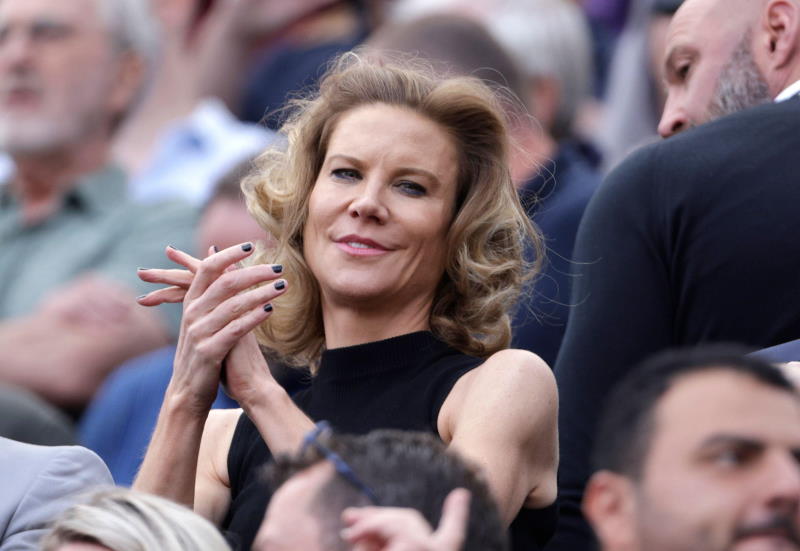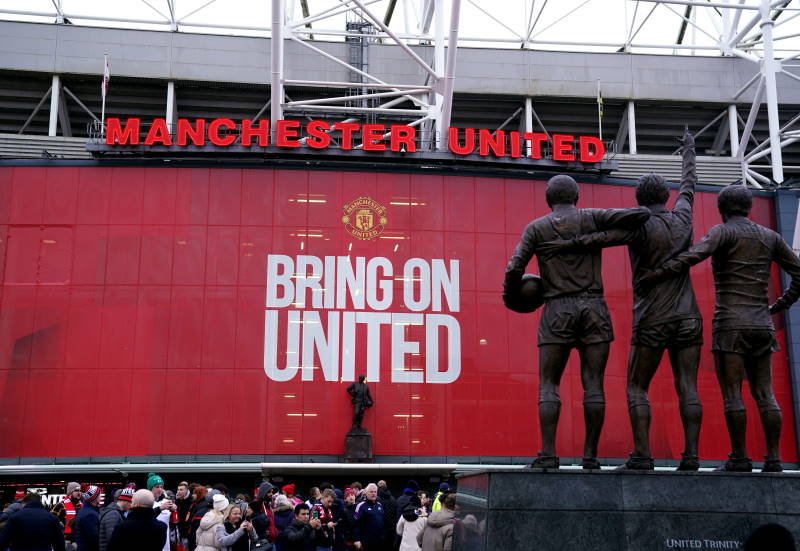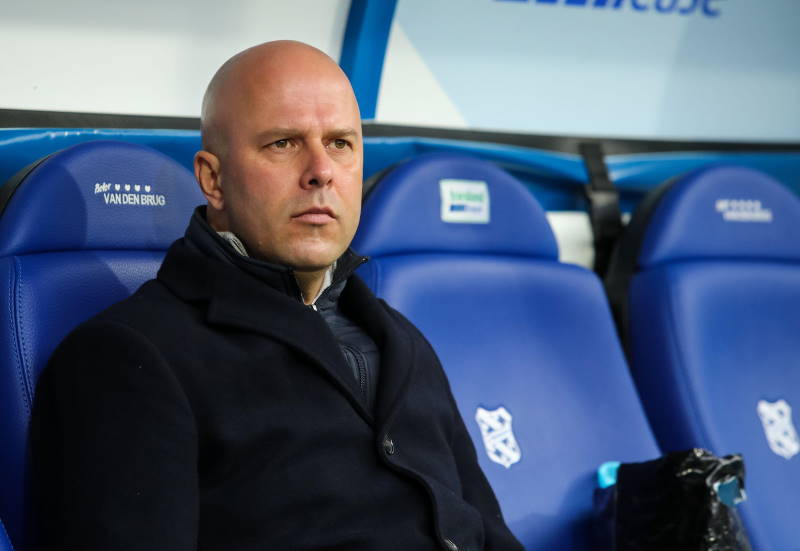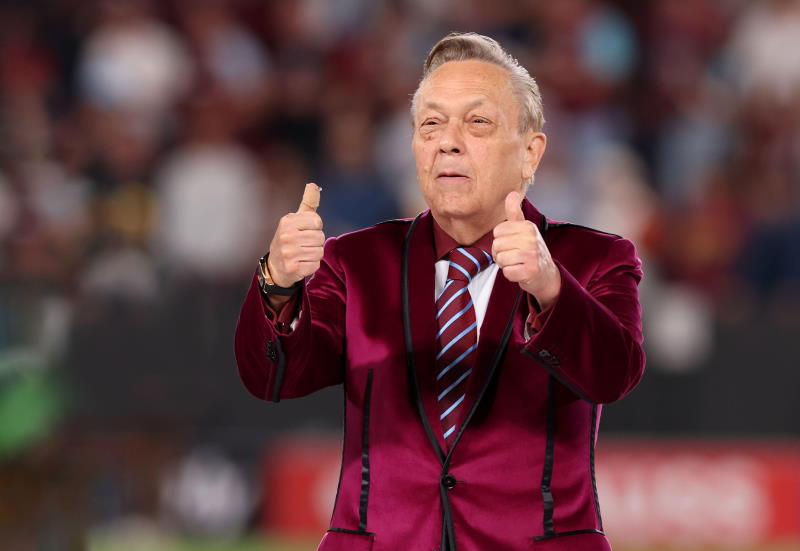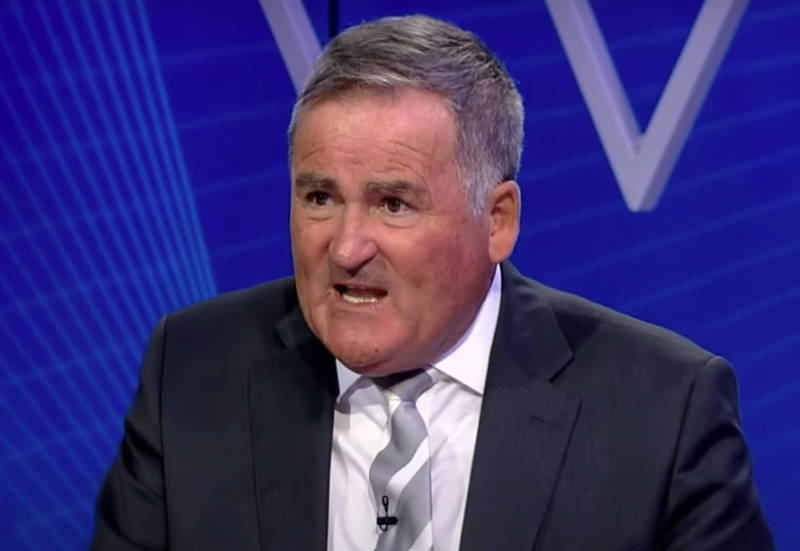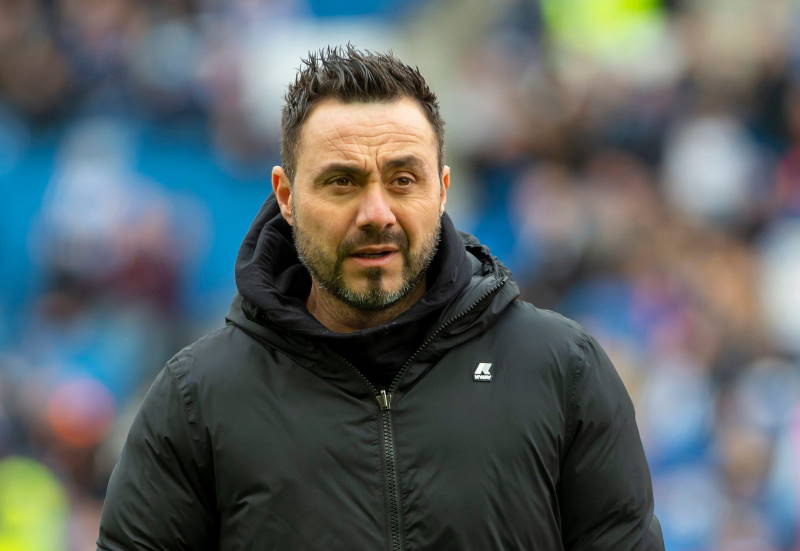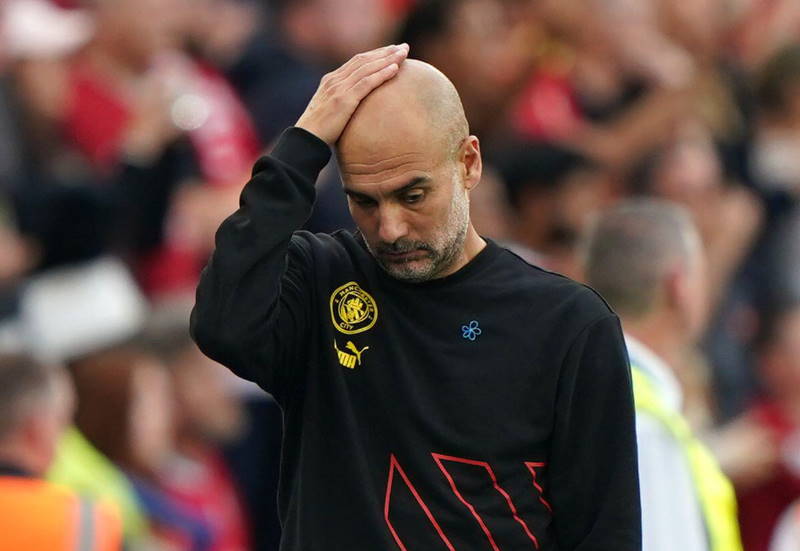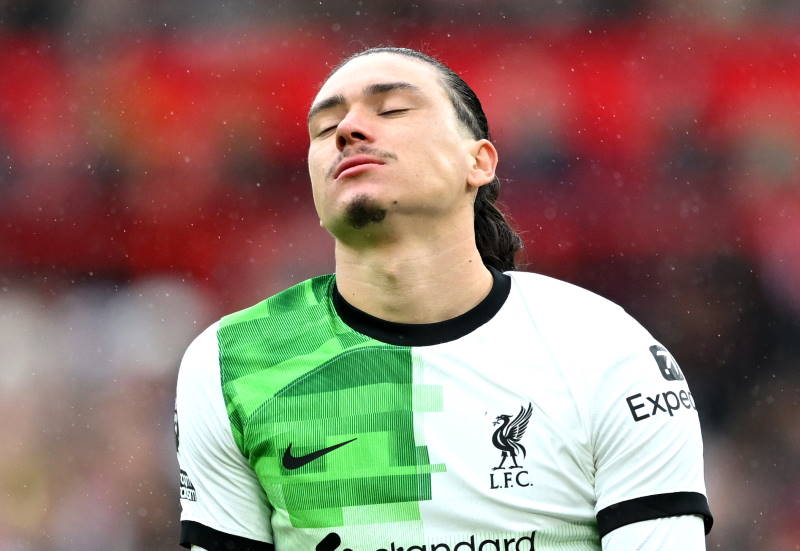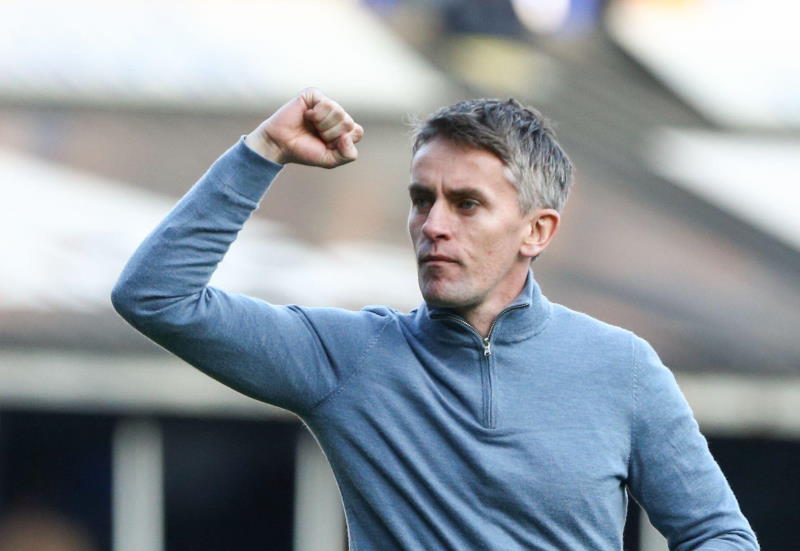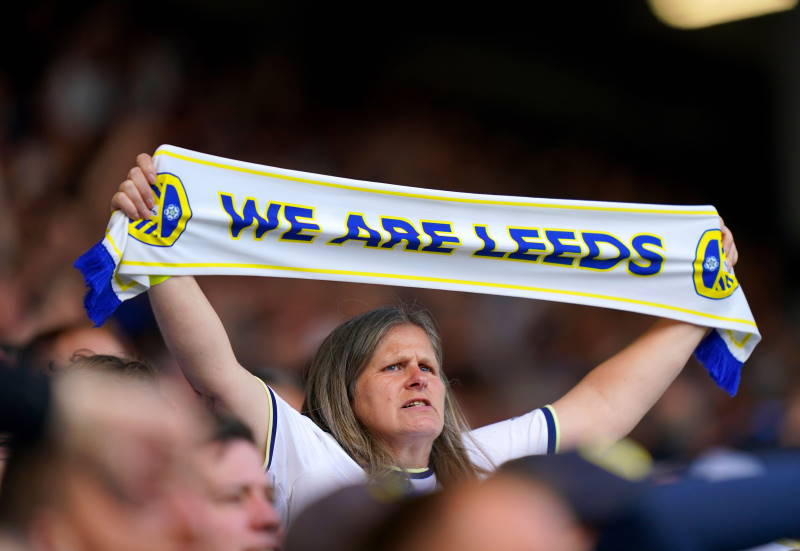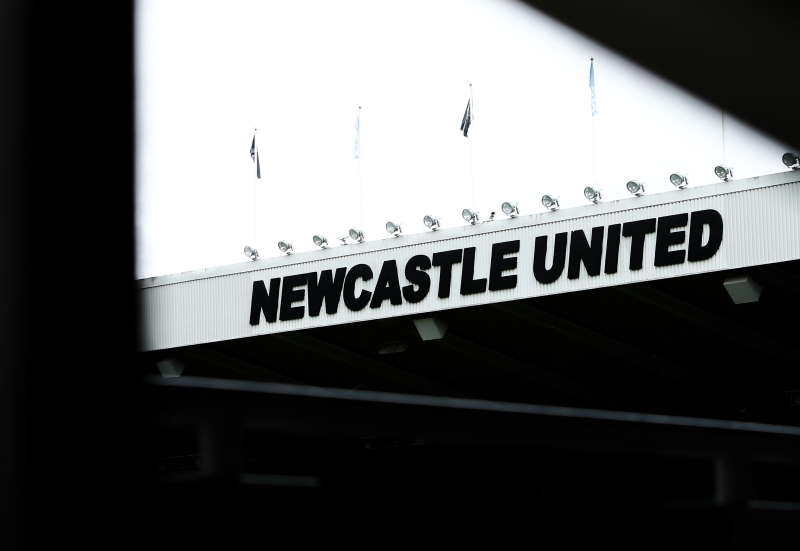
Sean Graham
Billy Stark was a Scottish midfielder who experienced many highs throughout his career. Turning out for St. Mirren, then moving to Aberdeen to play under Sir Alex Ferguson, before eventually making the switch to Glasgow giants Celtic, all ensured Stark took in Scottish football at the very highest level.
Respected throughout the game, Stark has gone on to become the current Scotland Under-21 coach and continues to have an influence over the country’s football. Inside Futbol’s Sean Graham went to chat to him about his playing career, current position and hopes for the future:
SG: Did it help being so grounded and learning your trade at a club like St. Mirren?
BS: “When you sign for a senior club at 18 and you are delighted to get an opportunity, you are not really aware about what’s going to happen. The [Sir Alex Ferguson] revolution was just starting and you realise when you look back how lucky you were. It was all positive from the word go, I had my first season as an 18-year-old when I was straight into the first team setup. I played half the games and was on the bench for the other half, so that was beyond your wildest dreams.
“Then we went into the second season and we ended up winning the League Championship to get promotion, so from playing secondary juvenile and two years later playing in the Premier League was a great feat.”
SG: Playing with guys like Frank McDougall, Dougie Bell and Peter Weir, who you would play with again later at Aberdeen, did you ever think that these players would go on to better things?
BS: “I don’t think so. I had eight years at St. Mirren which is quite a long time – even in those days players come and go. Peter [Weir] obviously went to Aberdeen and Frank [McDougall] followed me to Aberdeen later on. In fact I played with Frank at secondary juvenile and then at St. Mirren and Aberdeen, so I couldn’t shake him off!
“It was a great privilege to play with good players, but you knew that obviously enhanced your game as well. I think you were probably being selfish thinking about your own career rather than how it would pan out for those guys and players like Tony [Fitzpatrick] and [Frank] McAvennie. When they were going to play for the national team or go to the Old Firm, you recognised that, but you were just trying to look after yourself.
“I was really happy at St. Mirren. We were in the Premier League, playing European football, finishing in the top five regularly and were getting to cup semi-finals. I never really thought about moving. But in my mid-twenties when I got the opportunity to go to Aberdeen, it was one I took.”
SG: You knew Sir Alex Ferguson from your days at St. Mirren. Was his drive and ambition any different at Aberdeen?
BS: “At St. Mirren he wanted to win every game and challenge the Old Firm. Aberdeen are a city with big support and his demands were never different. He liked to win and was driven by that – and that has never left him.”
SG: Were you nervous or excited when you moved to Aberdeen as the club had just won the European Cup Winners Cup?
BS: “I was, because although Peter [Weir] and Dougie Bell were there. I was in among the Willie Millers, the Gordon Strachans, Alex McLeishes, Mark McGhees. People like that who had achieved great things already and had trophies and winners medals in the cabinet. They had beaten Bayern Munich and Real Madrid to win the Cup Winners Cup and I think everybody in Scotland realised just how great an achievement that was for a club like Aberdeen. I was nervous when I went there, but that’s what happens when you go to any new club or any new job. As soon as you walk in for the first day you are keen to get the first couple weeks behind you. You are keen to go and prove yourself and that was no different for me, with the difference that I already knew the manager [Sir Alex Ferguson] from being at St. Mirren. What changed was that my team was now getting to cup semi-finals and, after having had a solid season in the league, I was told at Aberdeen that we could only lose four games a season and were expected to win the league. The manager didn’t try to protect you from that and it was down to yourself to make sure you could match up to his demands.”
SG: Despite your early injury problem, the fans stuck by you.
BS: “The situation at Aberdeen was that Gordon Strachan was going to be moving the following year and while I would never compare myself to Gordon Strachan, it was a similar position we both played in, so Fergie was giving me the place for that and I was hoping that I would get the opportunity to play week in week out. I did reasonably well in the early part of the season, but then I had the injury setback which kept me out from late October to the following April. These things happen of course, but you think that you are letting people down by not being available to play. They managed to survive without me and got to the semi-final of the European Cup Winners Cup though and I succeeded in getting back on the bench for this game. I also got involved in the Scottish Cup final and the end of the league campaign and was grateful to be back at those moments when the trophies were given out. These were terrific lifts for me.”
SG: You had plenty of highs to look back on, especially scoring in two cup finals in the same season?
BS: “I think you are really euphoric about that and you feel great. Looking back now, you think that you managed to score in the two domestic cup finals in the same season, which was a kind of landmark, and you take a bit of pride in it because not that many people do that. But it’s a game and part of my job is to try and get the balls forward and to score. I was lucky enough to do it in cup finals and I feel so fortunate to be given that opportunity.”
SG: Could you see that things were changing?
BS: “I wouldn’t like to give the impression that I was overly clever, but I think everyone could see what Fergie had done there, that no matter who came in it was going to be almost an impossible task. You knew that a consistent challenge for honours every year was going to be more difficult at Aberdeen because the man who was responsible for it all had left.”
SG: Aberdeen managers now are measured against Sir Alex Ferguson and all that he achieved in his time at Aberdeen. Do you think that’s a good thing?
BS: “The only thing that can help up in Aberdeen is time passing. The people who were lucky enough to watch Aberdeen during those times will never see that again. The young who are coming up to watch them now will be thinking it was black and white pictures almost, but they will still be proud of that. Hopefully they will be more realistic to know that those days are not going to come again, the way that football has changed and the status the Old Firm have got financially means that no-one outside the Old Firm will win the league. I think that league success back in 1985 for Aberdeen was the last team outside Celtic and Rangers to win the league. That shows how difficult it is.”
“Nowadays if Aberdeen, Hibs, Hearts or a Dundee United get to a cup final they are ecstatic. Back in those days this kind of success wasn’t uncommon for these teams. The powerbase was always the Old Firm, but in terms of trophies for a few years, Aberdeen and Dundee United were almost dominating. It was a period that may never be repeated, so when I look back I think I was lucky to have been there at that time.“
SG: Did it make things a little easier for the Dons knowing that they had a friend in Dundee United, who also wanted to take points off the Old Firm?
BS: “You relied on Dundee United to be challenging as well because it meant more points were being won off the Old Firm, and you have to remember that St. Mirren had a right good side back then, and they were more than capable of taking points off the Old Firm too. It was certainly more attainable back then than it is nowadays with the backing the Old Firm have got. So you are right to point out that the Aberdeen-Dundee United double-act helped each other – until it was time for them to play one another in a good old ding-dong battle!”
SG: Did you enjoy living in the city of Aberdeen?
BS: “We loved Aberdeen, absolutely loved it. My first daughter was one and my younger one was born up there, so we had a terrific four years there really. It is a nice place to live and a good city, a good size and a lot of things we don’t have to put up with down here in the west of Scotland. Nevertheless, I think like a lot of people, you want to come back to your roots, and at the end of those four years we decided to come back down. Our oldest girl was about to start school and we wanted her to settle, which was the main reason. Fergie had also left and I don’t regret it as it was the right decision for me.”
SG: Signing for Celtic in their centenary year, was this a shock move for you?
BS: “Celtic had a change of manager when Billy [McNeill] came in and that worked out for me as he had known me from his time before. They had lost experienced players like Alan McInally, Murdo MacLeod, Mo Johnston and Brian McClair, so big Billy had to get players in quickly.
“Moving to a club like Celtic in their centenary year was just phenomenal, unbelievable in lots of ways. You were getting real status by being there at that time, and were almost on a par with the legends of the past like the Lisbon Lions and the rest of them. We managed to be successful that season and I think the Celtic support will always forget that with the greats that they have had, but they appreciated how quickly big Billy managed to get that squad to gel, and to be successful in the centenary is something we are all proud of.”
SG: Old Firm debut, scoring the winner and being the subject of attention from Graeme Souness, how did you feel?
BS: “That was a game! You are talking about being nervous, I was really nervous that day. I think I was almost 30, plenty of experience, played in cup finals and everything else before, but this was my first Old Firm game and something else in terms of the build-up.
“Souness had won the league and League Cup the previous season. With Celtic being in the position they were in, Rangers were expected to go and sweep all that was before them, so in the first Old Firm game it was pretty important for us to get a result. We all knew that and lucky for us we won the game, we played very well and I scored the goal which was of course another bonus.”
SG: Had the Celtic support found a new hero after that game and goal?
BS: “Well, I think in any support you are always keen to make a good impression, because you have been in Scottish football for so long you become part of the enemy to be fair. When you come with that sort of background, you are keen to get off to a good start and I couldn’t get a better start than that; scoring in an Old Firm match to win the game. That is remembered for my goal, but we could have easily won that match three or four nil. It was fortunate for me to score the only goal. We had a few ups and a few downs as you generally do in a season, but we never really looked back to be honest.”
SG: Old Firm baggage that surrounds this fixture is often overhyped. Did you ever encounter anything?
BS: “You hear about it even now. You don’t get yourself in the wrong place at the wrong time, but I was married with kids, I had no need to go out in Glasgow anyway, so it was never anything that bothered me, Sean. I can understand however, that when you are younger that you may want to go round about Glasgow, but the other side are never too happy to see you!”
SG: How did you feel when Queen’s Park FC, with you as manager, knocked Aberdeen out of the CIS Cup?
BS: “When you are on the end of a result, a team that you are expected to beat then beats you, you can have sympathy for the way their manager must be feeling, For a team of amateurs such as Queen’s Park it was a gigantic result to knock Aberdeen out. Whilst I was absolutely euphoric for the players and everyone involved with Queen’s Park, you still have a wee moment to think about the pain the other club has gone through having experienced it yourself. Great satisfaction looking back on it, but no more than that.”
SG: Are these achievements more pleasing when you are with a smaller club?
BS: “Yes, they can be if you put things in perspective. If you achieve something and look at things that are realistic for you, then it feels just as good than if you have won the league or a Scottish Cup with an Aberdeen or a Celtic. I wouldn’t say it’s any sort of different feeling at all, it’s just as good and you can only do what you can do at the time. That was the way I felt about any other successes that I had back then.”

SG: Do you feel honoured to be in charge of Scotland’s Under-21 side?
BS: “First of all you are proud to be working for your national association, standing there when the national anthem is played. You get a great sense of pride and especially if you do well and achieve things. But again that’s relative – we are not Italy or Brazil, Germany, even England. We are a small country and hopefully if we can keep improving we can get the odd bit of success.”
SG: What more can be done at grassroots level to help the game in Scotland?
BS: “I think we have to get more youngsters exercising first of all and get more of them playing football. It is as simple as that. Obviously you have got to create coaching programmes and offer facilities etc. We all played on the street because it was the only thing we had to do, but now the kids have so many other distractions, so there are hardly any boys and girls playing football like there was in my day. You don’t have to be a rocket scientist to work out that you are not going to get many players, so people have got to realise that you can’t just demand that we produce the same number of players that we did in the old days. Things have changed, we are not going to produce as many. What we have to do is try and increase the depth. We have to work with the ones who are very talented and squeeze the absolute maximum out of them.”
SG: Who was your hero as a kid?
BS: “Kenny Dalglish! The best player that Scotland has ever produced and that never changed right through his whole career. Dalglish was just a spectacular player and when Scots are getting knocked for their football ability we can truly say that Dalglish could live in any football company of any era. He was the one that I enjoyed watching.”
SG: So you are on the lookout for the next Kenny Dalglish?
BS: “I would love to think so, but you couldn’t bank on that! Look at Darren Fletcher at Manchester United who is playing regularly for them in the English Premier League. Big Craig Gordon the goalkeeper and Danny Wilson who has gone to Liverpool, hopefully, in a few years he will do the same [as Fletcher] and that would be a good indicator of us producing real top players again, that’s for sure.”
SG: What are your ambitions for the future?
BS: “To work as hard as I can and do my job as best I can. Always think, don’t get too carried away, and don’t get too despondent because you have to bounce back and get your players motivated again. If you feel that any working person is doing their job to the best of their ability then I don’t think you can ask for any more.”
SG: Speaking at the funeral of the late great Tommy Burns, was this the hardest thing you have ever had to do and what was Tommy like as a player, manager, friend and a singer?
BS: “He’ll be glad you added that in! He was a unique individual in my view, and when I look back it was the hardest thing I have ever had to do. I don’t know how I was able to do it to be honest with you. Maybe I was getting a bit of help from him. When you got to know him as a team-mate, pal and working for him, you didn’t want to let him down and I think this is a very special trait when you inspire that in people. That was the way I always felt about him. He was a character, great fun to be around, just a unique individual in lots of ways!”

